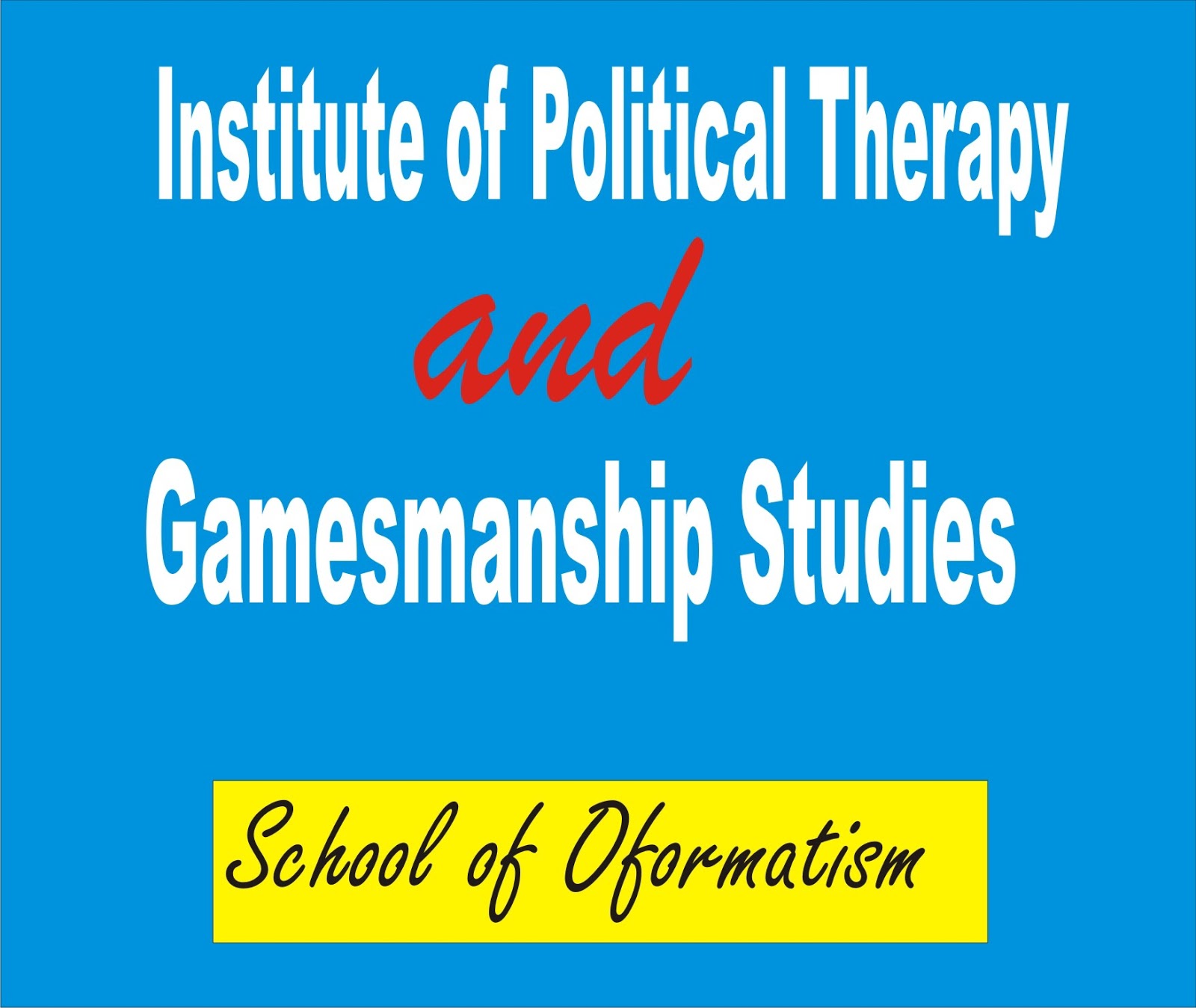COVID-19: WHY MEN REBEL, THE RELATIVE DEPRIVATION THEORY
COVID-19: WHY MEN REBEL BY A. O. EZE
Relative Deprivation
Relative deprivation is the lack of resources (e.g. money, rights, social equality) necessary to maintain the quality of life considered typical within a given socio-economic group.
The deprivation model suggests that people who feel they are being deprived of something considered essential in their society (money, rights, political voice, status) will organize or join social movements dedicated to obtaining the things of which they feel deprived.
The major proponents of the model are an American sociologist Robert K. Merton, Ted Robert Gurr in his work titled “Why Men Rebel”, published in 1970 and British statesman and sociologist Walter Runciman. Walter Runciman listed four required conditions that can trigger the sense of deprivation:
1. A person does not have something
2. That person knows other people who have the thing
3. That person wants to have the thing
4. That person believes they have a reasonable chance of getting the thing.
Hence, in many cases, deprivation has been cited as a factor driving incidents of social disorder like rioting, looting, terrorism, and civil wars. In this nature, social movements and their associated disorderly acts can often be attributed to the grievances of people who feel they are being denied resources to which they are entitled. © Oformatism.

Comments
Post a Comment